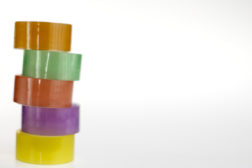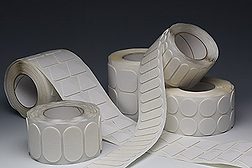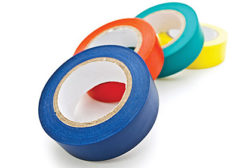Pressure-Sensitive Adhesives (PSAs)
Selecting Adhesives: Converting Every Opportunity into Success
Knowing the basics of converting is helpful when choosing the best adhesive for an application.
October 1, 2014
Electron Beam Technology for Pressure-Sensitive Adhesive Applications
Ultraviolet and electron beam technology offers many benefits for PSAs, including environmental and application advantages.
October 1, 2014
IP in Depth: Avoiding Unnecessary Disclosures in Patent Applications
The distinction between disclosing how to practice an invention and explaining how an invention works is important to understand when drafting patent applications.
October 1, 2014
Eco-Friendly Adhesives for Converting and Packaging
Starch-based adhesives offer a number of benefits in converting and packaging applications.
October 1, 2014
Hot-Melt Adhesives 101: A Primer for Users
Hot-melt adhesives are ideal for a variety of applications.
October 1, 2014
Top 5 News that Sticks
MACtac Acquisition Garners Most Interest
Last week, readers were most interested in the sale of MACtac.
September 22, 2014
Keep the info flowing with our eNewsletters!
Get the latest industry updates tailored your way.
JOIN TODAY!Copyright ©2024. All Rights Reserved BNP Media.
Design, CMS, Hosting & Web Development :: ePublishing










